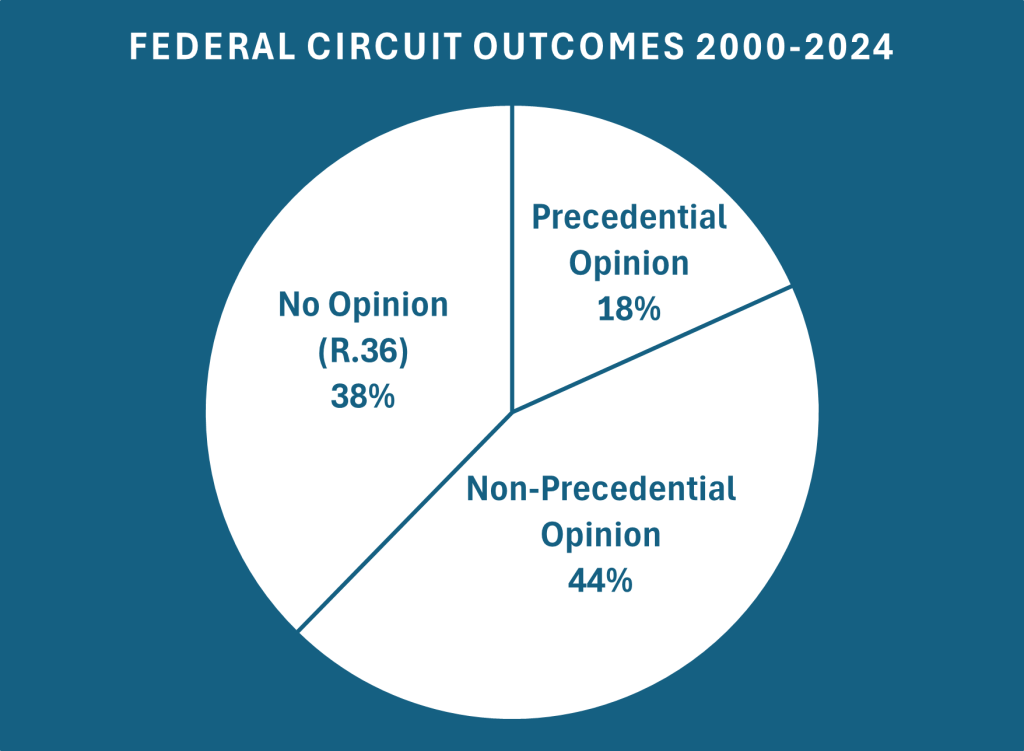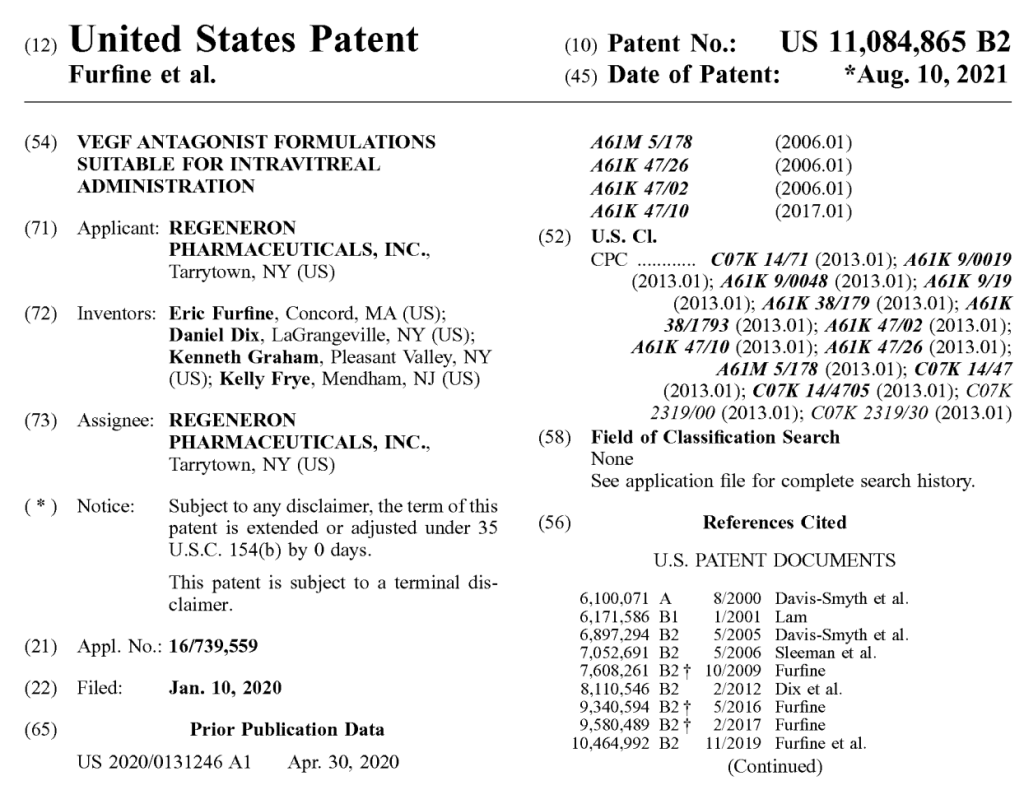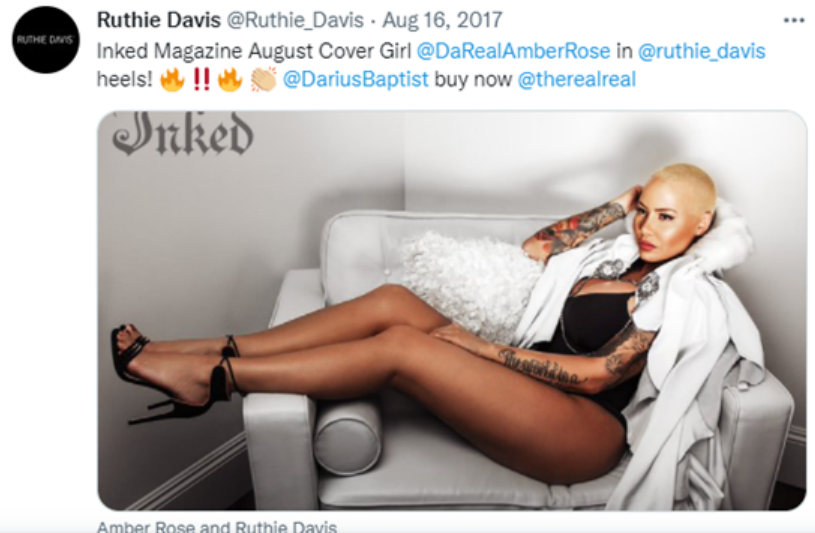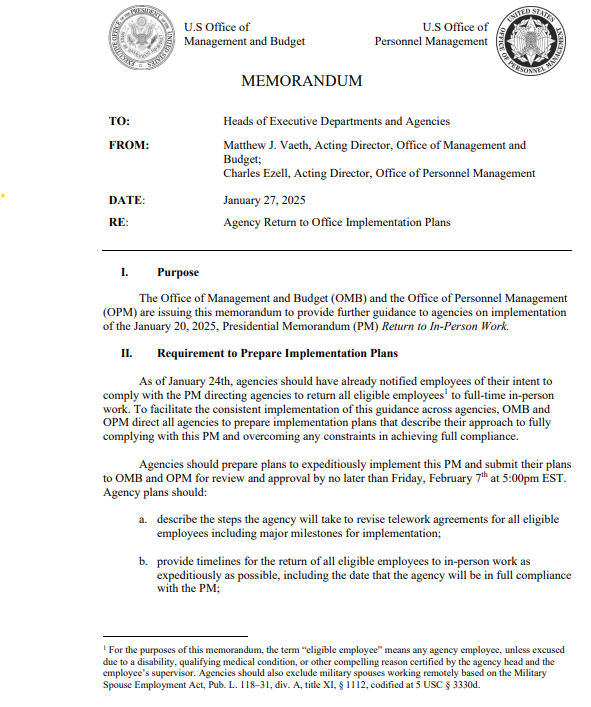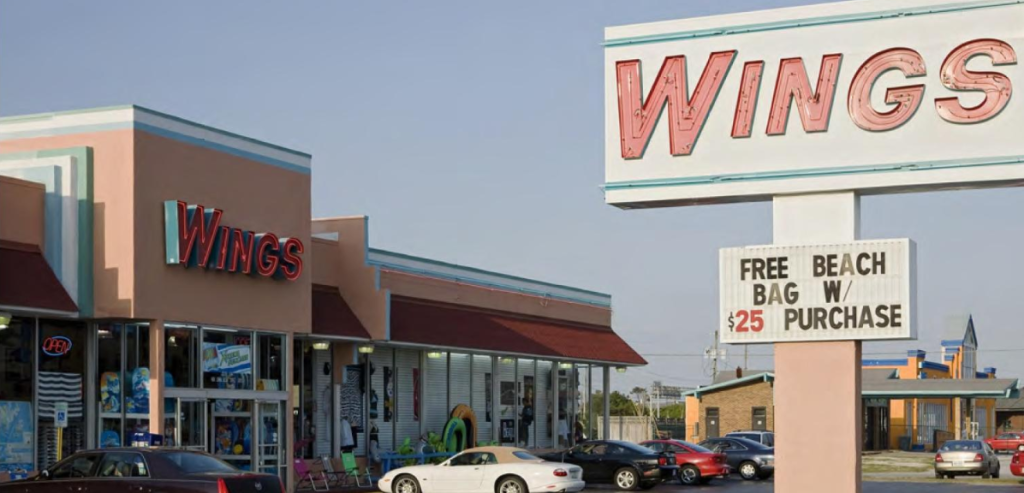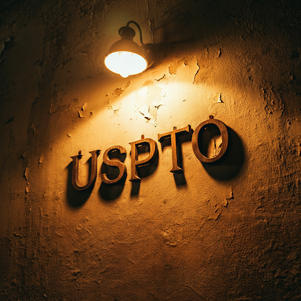by Dennis Crouch
USPTO Commissioner of Patents Vaishali Udupa has resigned after just over two years in office. Under 35 U.S.C 2, the Commissioner is appointed by Secretary of Commerce for a term of 5-years. For much of US history, the Commissioner of Patents was the top dog at the patent office. However, in the 1990s Congress created an additional layer of the Director and Deputy Director - both having undersecretary roles within Commerce. The Commissioner can be removed prior to the 5-year mark by the Secretary of Commerce, but the statute suggests that there must be cause: "for misconduct or nonsatisfactory performance under the performance agreement." In this case, I suspect Udupa received substantial encouragement to leave because of her support and close ties to the prior director Kathi Vidal as well as support for a variety of diversity and equity initiatives. In addition, the backlog of pending patents has risen significantly over the past two years and is a key stated focus of the new Secretary of Commerce. (Howard Lutnick is not yet the Secretary, but will be very soon).
Her resignation comes amidst a strong push by President Trump to encourage all federal workers to resign -- with each worker receiving an email encouraging them to leave their "lower productivity jobs" working for the government and move into the private sector. Udupa met the deadline for the offered "buyout" package of no-responsibility pay through September 2025, although it is unclear whether she is seeking payments under that package.
To continue reading, become a Patently-O member. Already a member? Simply log in to access the full post.

